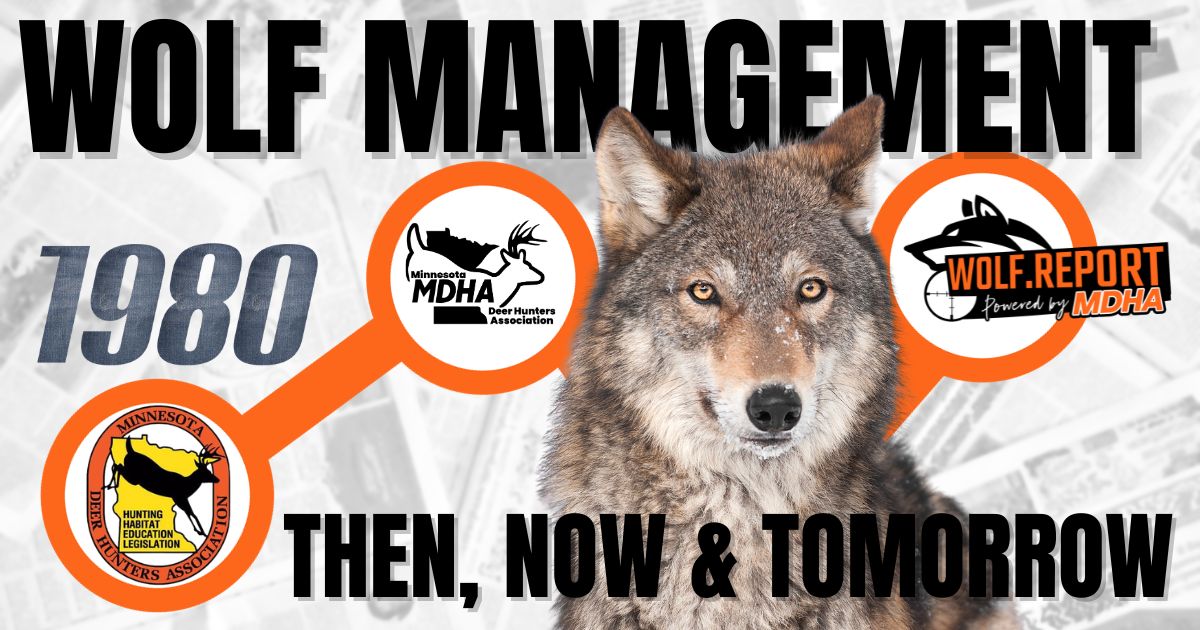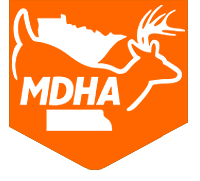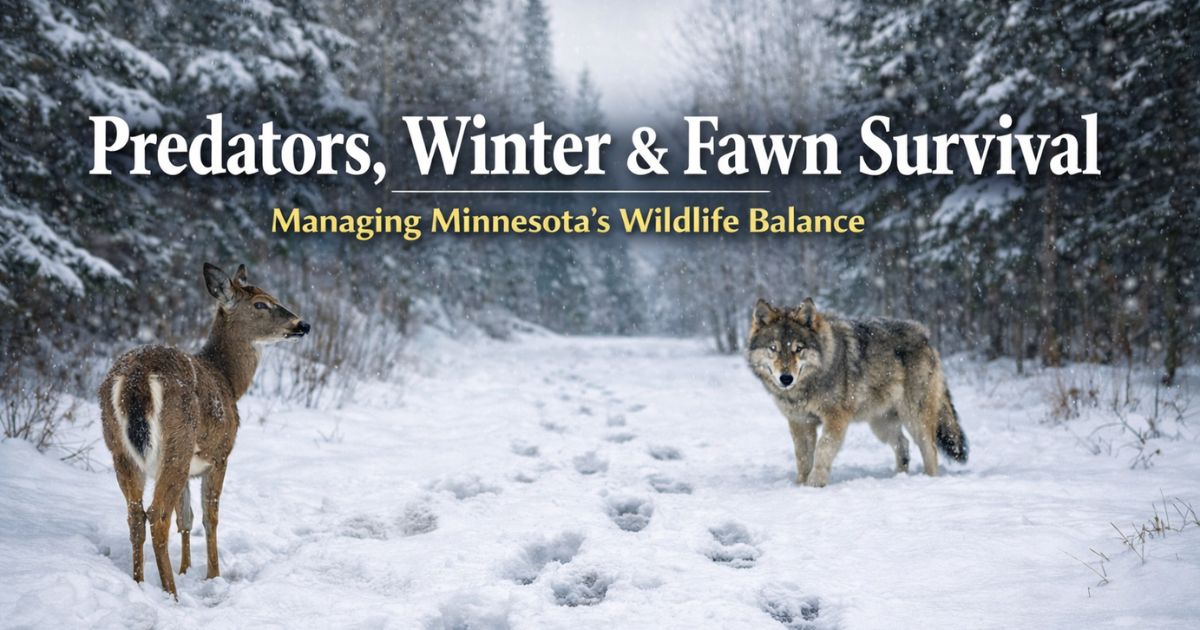
- Wolf.Report
- Wolf Management
- Hits: 4993
Then, Now and Tomorrow
- Wolf.Report
- Wolf Management
- Hits: 4993
As we delve into the past, present, and future of wolf management in Minnesota, we often come across valuable information that helps address current issues on the subject. Recently, we've noticed a surge of discussions on platforms like Facebook, with individuals debating who is responsible for various aspects of wolf management. However, we believe that the focus should be on taking action, rather than assigning blame.
Interestingly, the negativity we now observe online used to be targeted towards hunters from the "Anti's". Now, it seems to have shifted towards hunters disagreeing amongst themselves. While this seems counterproductive, everyone is entitled to their own opinion.
The majority of hunters simply want the wolf population to be controlled within legal and reasonable limits. It's understandable that there are passionate debates about the best approach to achieve this. However, the focus should be on the "how" rather than the "who." It's not a popularity contest; the more voices involved, the better.
During my recent research into the history of wolf management in Minnesota, I came across a significant message from Jim Lang's speech at the first MDHA membership meeting in 1980. According to Lang, poaching was their biggest concern, followed by the management of "Timber Wolves." This message has resonated throughout MDHA's long history of protecting Minnesota's hunting tradition. While the topic of wolf management has remained relatively constant, the way we communicate about it has evolved. One thing remains clear: since 1980, MDHA has consistently advocated for wolf management in various capacities. Any contrary information is simply ill-informed.
This is exactly why we believed that partnering with MDHA would be the perfect match for Wolf.Report and our dedication to advocating and researching the issue of wolf management. No other organization possessed the same level of experience, membership, or influence to help us effectively realize our objective of implementing hunter-led wolf management in Minnesota. The choice was clear.
While there may have been other organizations addressing these concerns along the way, MDHA has continuously adapted to the changing political, demographic, and technological landscape, persevering in their fight for Minnesota's deer hunters. By having a presence in the capital and utilizing both print and online platforms, MDHA had established themselves as a credible voice well before the rise of social media.
Amidst the online arguments and trolling, let's not lose sight of our goal: managing wolves in Minnesota to protect the deer population as effectively as possible. We acknowledge that there are multiple factors contributing to the decline in Minnesota's deer population and hunter success rates, we hope to gain further insights as we move forward in 2024.
As we begin the New Year, our resolution is to take the high road and lead by example in order to achieve what's best for Minnesota's wildlife and the hunters and trappers who call this state home.





